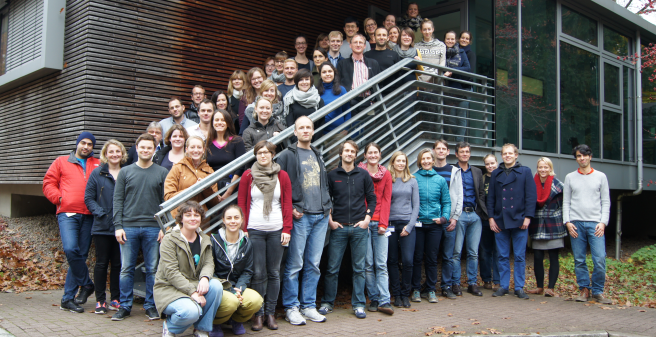Institute of Systems Neuroscience
Institute
The institute belongs to the Center for Experimental Medicine and is engaged in studying the functions of the human brain. The research findings are shared with clinical partners and applied to the diagnosis, prognosis and treatment of neuropsychiatric disorders.
Special procedures
The institute uses a high magnetic field resonance tomograph with a field strength of 3 tesla. Funded by the German Research Foundation, this high-tech tool can measure the activity of nerve cells in the brain in a millimeter-sized segment.
Research
The institute’s research activities are organized in various working groups (AG’s). AG Physics has developed new pulse sequences for the MR device, thus making it possible to visualize in even greater detail. AG Learning and Memory is dedicated to revealing the mechanisms of memory formation, as well as those processes that lead to memory loss in certain diseases and conditions. AG Emotions is responsible for research into the emotional processing of stimuli and "misled" processes that play a role in the development of fear and addition. AG Pain examines those processes that lead to pain becoming chronic.
Cognitive Neuroscience Talks
The institute maintains an ongoing series of
cognitive neuroscience talks
.

